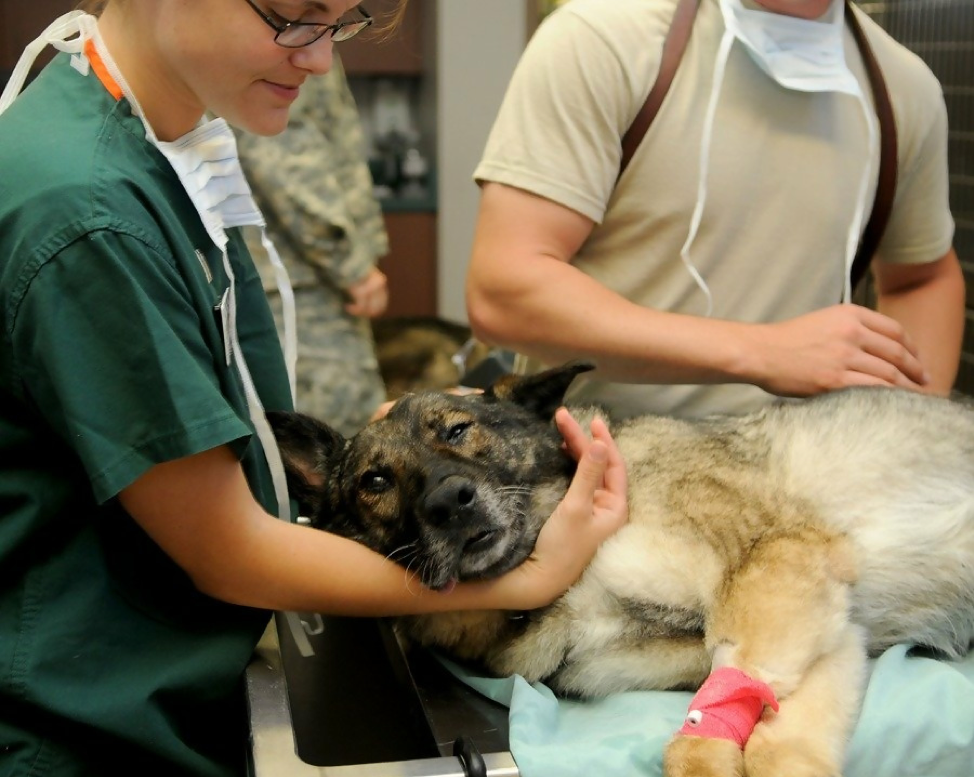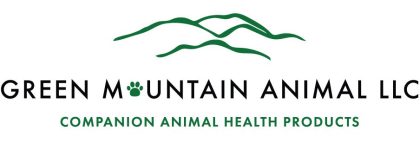Questions? Call Us Toll-Free 802-752-4738 | Email Us
Probiotics for Dogs
Have you heard about probiotics for dogs? A dog is a man’s best friend, and for pet parents, a dog is no less than a family member. According to the latest research and data of 2023-2024, 86.9 Million US Households own a pet, which accounts for 66%.
Like humans, pets also have health and nutritional needs. Americans spent nearly $72.56 billion on their pets, with $16.01 million spent on supplies and medicines. Only feeding them with treats is not enough for keeping your pet in good shape and health. It is important to spend on their food, but spending on their nutritional needs is also important.
Your Dog is your Baby
You have to treat the furry member the same way you treat the children in the family. Rather, you should monitor your dog’s activity and look for signs of digestive issues and other health problems. Whether your pup looks restless or has become a couch potato? Perhaps, the poor baby is dealing with some Gastro Intestinal problems.
As a dog parent, you should know how fickle your lad’s digestive system can be. Missing out adequate supplements can affect the normal functioning of your pet’s body. However, the good news is that many probiotics in the market can help your dog deal with digestive problems.
If you are wondering whether probiotics are safe for your furry friend or not, then you have come to the right place.
Probiotics for Dogs: All You Need to Know
Today, most pet parents give their pets nutritional supplements for growth rather than medical drugs. The reason is obvious –supplements have more health benefits to offer than drugs. It is important to note that you should always consult a vet before giving any supplement, including prebiotics, to your dog.
What are Probiotics?
Pro is a Latin word which means “for,” and bio is a Greek word which means “life.” So, the literal meaning of probiotic is “for life,” and that’s what the supplement does. Probiotics are the billions of gut-friendly microbes (bacteria and yeasts) found in the gastrointestinal (GI) system of animals.
Besides GI, probiotics or the good bacteria are also found in various parts of a dog’s body, including the oral cavity, nasal cavity, vagina, respiratory organs, and the skin.
Ingesting probiotics helps dogs to maintain a healthy level of good bacteria, digest the food, and fight off harmful pathogens. Probiotics prevent gastrointestinal problems in dogs, produce nutrients and vitamins, thereby boosting the immune system.

When Does Your Dog Need Probiotics?
Digestive issues are as common in animals as humans. Figuring out the symptoms of indigestion in dogs is not that difficult. If your pup has a growling stomach or does not show the urge to eat, it might be the sign of poor digestion.
A dog’s stomach gets upset when the beneficial microbes in the body get destroyed. The imbalance between healthy and disease-causing microbes leads to various problems, including gas, diarrhea, bad breath, and cramping.
The frequent occurrence of digestive issues for no apparent reason calls for an immediate visit to your vet. After the checkup, the veterinarian may suggest using prebiotics and probiotics for boosting the beneficial bacteria in your dog.
Prebiotics are nutrients that promote the good bacteria present in the colon of your dog. Probiotics, on the other hand, are food products or “direct-fed microbial,” as referred by AAFCO (Association of American Feed Control Officials).
Forms of Probiotics
Depending on your dog’s likeness and your vet’s advice, you can give probiotics to your fur companion in many ways. You may find probiotic for your dog in several forms, including:
- Soft chews
- Treat Sticks
- Powders
- Tablets, Capsules
- Liquids and Gels
- Dog food
Benefits of Probiotics for Dogs
Probiotics help your dog’s digestive system in the same manner as they help humans. Probiotics are beneficial for your dog’s health in many ways.
- Probiotics cure diarrhea and decrease the incidence of flatulence.
- It helps maintain the gastrointestinal health
- It helps your dog to recover from illness and infections.
- It improves bad breath.
- Probiotics also improve a dog’s stress response.
- Probiotics have anti-inflammatory properties that help reduce pain and swelling.
- Probiotics also help manage kidney diseases and inflammatory bowel syndrome.
Probiotics or good bacteria are not only essential for your dog’s gut, but they also support your pet’s digestion, brain, and assimilation of nutrients. Above all, probiotics boost your dog’s immune system and prevent the fellow from infections.
Potential Risks
Your dog may take time to adjust to a new probiotic regimen. He may suffer from diarrhea or stomach upset, but that’s common with any dietary adjustment for both humans and pets. So, it is better to consult your vet for the right dose for your pup. Also, make sure to allow your dog some time to calibrate to the nutritional change in the diet.
It is also important to understand that like humans, every dog has different health needs. While some may need an adequate amount of vitamins, probiotics, and other supplements, others may need no supplement at all. Look for a probiotic formula that addresses the specific need of your pet.
For instance, if your dog is suffering from an intestinal infection, he needs a formula that contains the specific bacterial strains for infections.
Bottom Line
So, if you want to help your dog deal with the gastrointestinal and other digestive issues, start giving them probiotics (after consulting a vet). Green Mountain Animal is the best private label pet supplements manufacturer in the town. We provide safe and quality products and treats to cater to the nutritional needs of your pet.


Sorry, comments are closed for this post.